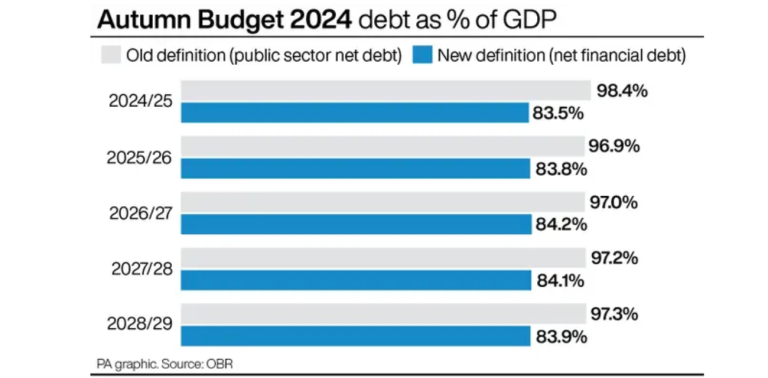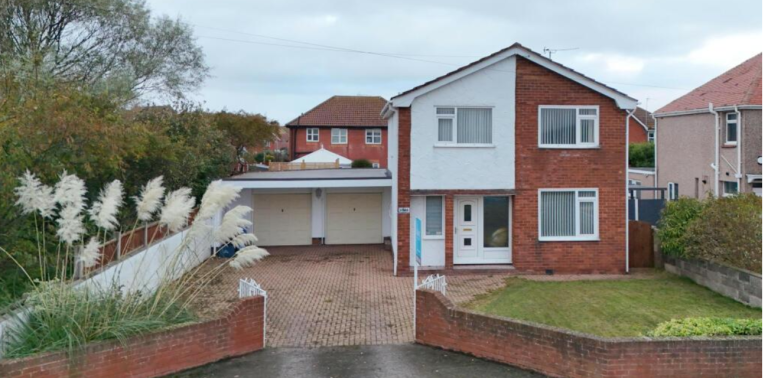The recent nomination of Lighthouse Development Consulting for the “Excellence in Planning for the Natural Environment” category by the Royal Town Planning Institute (RTPI) has sparked a wave of controversy. The consulting company, headquartered in Cardiff and Exeter, is on the shortlist for its work on the Llanwern Solar Farm—a project Friends of the Gwent Levels (FoGL) claim has negatively impacted the environmentally sensitive Gwent Levels Site of Special Scientific Interest (SSSI).
The RTPI award, which highlights efforts in environmental preservation, improvement, and rejuvenation, is considered one of the highest accolades in the field. However, Friends of the Gwent Levels argue that Lighthouse’s nomination is misplaced, pointing to significant failures in the project’s promised environmental mitigation measures. They argue that despite initial commitments to biodiversity gains, the Llanwern Solar Farm has not delivered the anticipated positive impact and may have instead contributed to a decline in the ecological value of the SSSI.
Approved in 2018, the Llanwern Solar Farm project was granted planning permission based on assurances of enhanced biodiversity through carefully outlined mitigation schemes. These plans were signed off by various regulatory bodies, including Newport Council, Natural Resources Wales (NRW), and ultimately, the Welsh Government. However, FoGL states that post-construction monitoring data from the site reveals that these measures have largely failed. Evidence includes a marked reduction in habitat quality for several species, including a 63% decline in shrill carder bee counts since 2017, and an absence of breeding lapwings within the “Lapwing Mitigation Area,” a significant part of the project’s biodiversity strategy.
“The solar farm was supposed to support and enhance the SSSI’s ecosystem, but the opposite has occurred,” stated a spokesperson for FoGL. “The failure of the mitigation measures is glaring. The SSSI is now in a worse state than before the solar farm’s construction, particularly for red-listed species like the shrill carder bee.”
A 2023 post-construction report commissioned by a third-party environmental consultancy underscores these issues, documenting declines in bat diversity, a lack of breeding crane populations, and only minimal signs of habitat enhancement. The report also highlights the impact of chemical thistle control in array areas, which has reduced the foraging habitat for shrill carder bees.
Critics of the project’s shortlisting for the environmental award are also concerned about the potential impact of other solar developments planned within the Gwent Levels. Several new applications have been submitted by different developers for projects that follow similar mitigation frameworks to those of the Llanwern site, yet the efficacy of these frameworks is now under scrutiny.
FoGL argues that the solar farm’s nomination sets a concerning precedent, especially given the lack of demonstrated ecological improvement. They claim that “greenwashing” practices by developers, which promote sustainability goals but fail to deliver, are contributing to the UK’s broader biodiversity crisis.
“Nature is in freefall in the UK, partly due to unchecked developments in protected areas like the Gwent Levels,” added the FoGL spokesperson. “While developers can claim they’re taking steps to preserve nature, the reality on the ground reveals a starkly different picture.”
The RTPI awards ceremony, set for November 26 in London, will announce the category winner amid mounting debate. Many environmental advocates are calling for a reevaluation of the nomination criteria to ensure only projects that truly demonstrate significant ecological recovery and long-term benefits for biodiversity are celebrated. As discussions around the Llanwern Solar Farm continue, local councils and NRW have committed to reassessing planning and mitigation requirements to better protect Wales’ protected sites.



